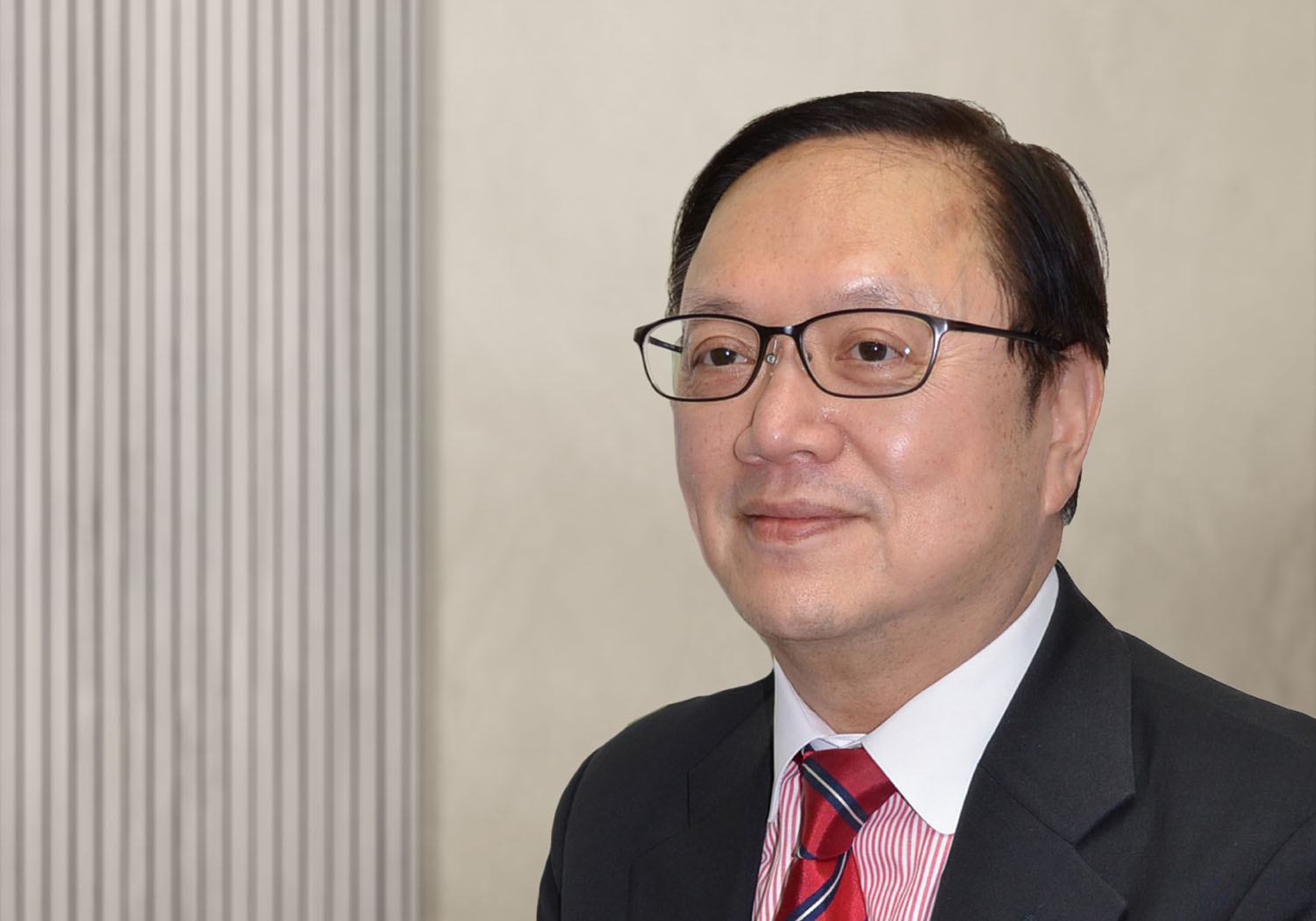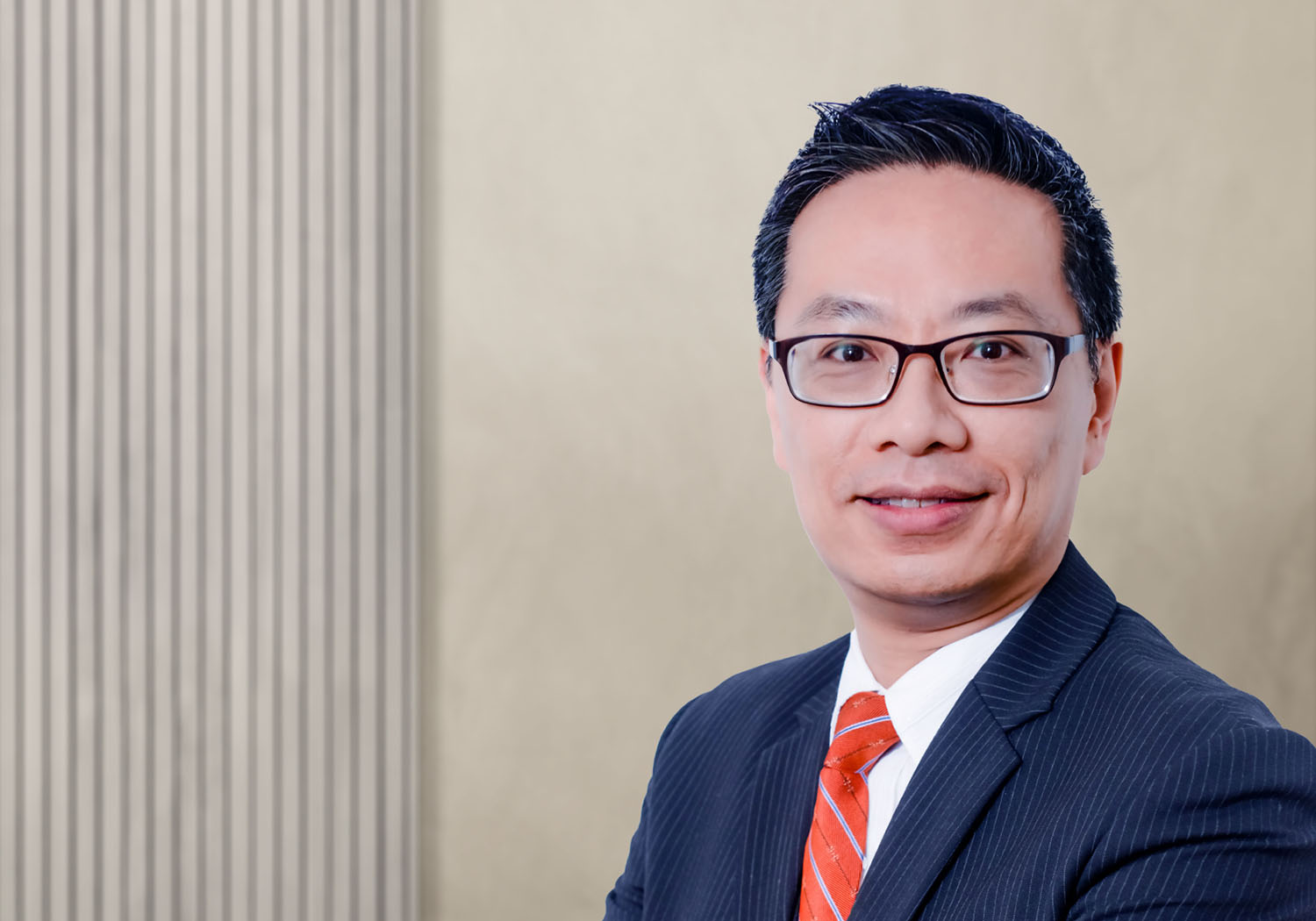Seminar
- Date
9 Sep 2024 - Registration
18:00 – 18:30 - Lecture Time
18:30 – 21:00 - Venue
Lecture Theatre 1, The Prince Philip Dental Hospital - CME / CPD Credit
DCHK (CPD Points): 1.5 per lecture
CDSHK (CME/CPD Points): 2.5 *
HKDA (CME/CPD Hours): 2.5
* The credit is pending confirmation - Light refreshment served

Dr Edward Fan
TopicAre Lawyers Magicians? Or Can You Leave Your Lawyer to Handle Your Patient’s Complaint?
AbstractIn a modern society, patients may air their complaints against the dental practitioners through social media, and/or with the relevant authorities. Accordingly, practising defensive dentistry may become the norm for many dental practitioners. While it may not be possible to keep all the patients (customers) happy, they should not be regarded as potential trouble makers. Risk assessment and management must therefore be properly implemented in the clinics. A dental practitioner must also be conversant with the Code of Professional Discipline for the Guidance of Dental Practitioners in Hong Kong – current version was revised in December 2019, and provides treatment to the patient at the standard expected of a competent dental practitioner. The two fundamental areas in daily clinical practice, i.e., clinical record and informed consent, will be discussed at the presentation.
BiographyDr Edward Fan is a dental surgeon, a barrister-at-law and a mediator. He obtained his BDS from Guy’s Hospital Medical School, University of London in 1976. His other professional qualifications include MGDS RCS Edinburgh, Diploma in Forensic Odontology (London Hospital Medical College), LLB (Hons) (University of Westminster), Diploma in Legal Aspects of Medical Practice (University of Wales), Professional Certificate in Management (Open University, UK). In 1997, he was called to bar of the Honourable Society of the Inner Temple, England, and the Hong Kong Bar. He is currently on the panel of mediators of the Hong Kong Bar Association. He is also on the panel of legal advisors of the Hong Kong Police Force. Before commencing full-time practice as a barrister in Hong Kong in 2000, during various periods between 1976 and 1999, in addition to being a general dental practitioner, Dr Fan held the following appointments at various hospitals in the UK, including House Surgeon, Senior House Officer and Clinical Assistant. He was a part-time Clinical Lecturer at the Dental Faculty of University of London, and University of Hong Kong. He also had his own dental clinic in Hong Kong and London. After being called to the English bar, he held the appointment of part-time Dento-legal Advisor at the Dental Protection Limited in London for several months in 1998. He was an examiner for the Diploma in General Dental Practice of the Royal College of Surgeons of England, and the Diploma in Membership in General Dental Surgery of the Royal College of Surgeons of Edinburgh. He has a mixed legal practice with special interest in medical and dental negligence cases. He has been instructed to attend coroner’s inquests, and disciplinary hearings of the Medical Council and Dental Council of Hong Kong. He also prosecutes on fiat for the Department of Justice. Between 2007 and 2019, he was a part-time lecturer at the Faculty of Law, University of Hong Kong.

Dr Adam AU
TopicInterceptive Orthodontics
AbstractInterceptive orthodontic treatment in growing children is a proactive approach that aims to address and correct orthodontic problems at an early stage, during the child's growth and development. This treatment strategy focuses on intercepting and minimizing the severity of dental and skeletal irregularities before they become more complex and difficult to manage in the future. The primary goal of interceptive orthodontics is to guide the natural growth and development of the child's teeth and jaws, thereby optimizing their occlusion (bite) and overall oral health. By identifying and treating specific orthodontic issues early on, such as crowding, crossbites, excessive overjet (protrusion), or thumb sucking habits, interceptive orthodontics can help prevent the need for more extensive and invasive interventions later in life, such as tooth extractions or jaw surgery. The timing of interceptive orthodontic treatment is crucial, as it takes advantage of the child's ongoing growth and development to achieve optimal results. The treatment may involve the use of various appliances and techniques, such as myofunctional appliances, removable or fixed braces, palatal expanders, or habit-breaking devices, depending on the specific needs of the child. Research has shown that interceptive orthodontic treatment in growing children can provide several benefits, including shorter treatment duration, improved facial aesthetics, enhanced self-esteem, and reduced risk of dental trauma. Additionally, early intervention can help create more favourable conditions for permanent teeth eruption, leading to a more harmonious and stable occlusion in the long term.
BiographyDr. Adam Au is currently the President of the Hong Kong Society of Paediatric Dentistry and Board Member & Auditor of Pediatric Dentistry Association of Asia (PDAA). He was the co-organizer and speaker of the 11th PDAA Biennial Conference 2018 in Beijing. He has been in private practice since early 2008. He is also the Honorary Clinical Associate Professor of the Paediatric Dentistry & Orthodontics, Faculty of Dentistry, University of Hong Kong for the Taught-Postgraduate Program. He has completed various orthodontic courses including basic comprehensive orthodontic course by Dr. Kenneth Liew, 3-years miniresidency orthodontic program by Dr. Derek Mahony and 4-years advanced orthodontic course by Professor Bakr Rabie. He has given invited presentations in various topics both locally, regionally and internationally. His main interests are early treatments of dental and skeletal malocclusions when the patients were young – Interceptive orthodontics from young childhood to adolescents. He is the first dentist who introduce Myofunctional (MRC) appliance therapy in Hong Kong. At present, he has treated more than thousand cases with Myofunctional problems when they are young and completed with other various appliances such as functional, full fixed and clear aligners.